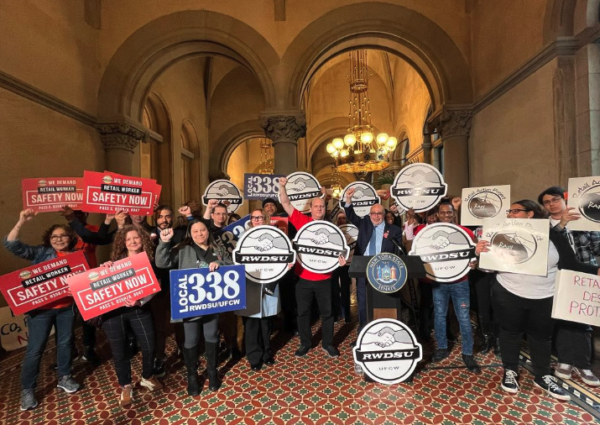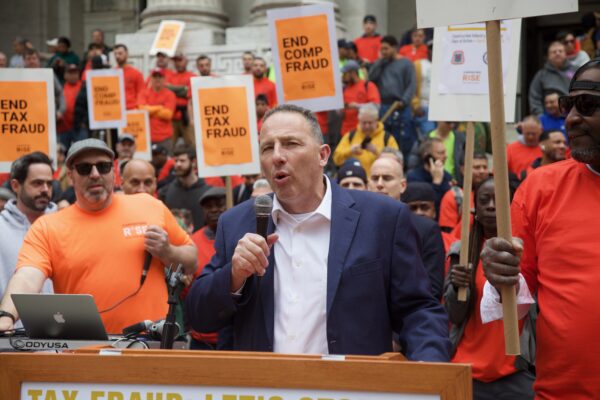New Statewide Evaluation System
February 21, 2012
Around Town – By Neal Tepel
Governor Andrew M. Cuomo, New York State Education Commissioner John King, and New York State United Teachers President Richard C. Iannuzzi on Thursday February 16, 2012 announced a groundbreaking agreement on a new statewide evaluation system that will make New York State a national leader in holding teachers accountable for student achievement.
The teacher evaluation system is based on multiple measures of performance including student
achievement and rigorous classroom observations. The agreement follows through on the state's commitment to put in place a real and effective teacher evaluation system as a condition of the $700 million granted through the federal Race to the Top program. There is general agreement that strong evaluations lead to better instruction, which in turn leads to increased student achievement.
"Today's agreement puts in place a groundbreaking new statewide teacher evaluation system that will put students first and make New York a national leader in holding teachers accountable for student achievement," Governor Cuomo said. "This agreement is exactly what is needed to transform our state's public education system, and I am pleased that by working together and putting the needs of students ahead of politics we were able to reach this agreement."
New York State United Teachers President Richard C. Iannuzzi, said, "Teachers support high standards and accountability for our profession. We believe the agreement is good for students and fair to teachers. It includes two principles we believe are essential. First, a child is more than a standardized test score. While there is a place for standardized testing in measuring teacher effectiveness, tests must be used appropriately. Secondly, the purpose of evaluations must be to help all teachers improve and to advance excellence in our profession. This agreement acknowledges those key principles. The settlement also reinforces how important it is for teachers to have a voice in establishing standards of professional effectiveness and in developing evaluations that meet the needs of local communities."



